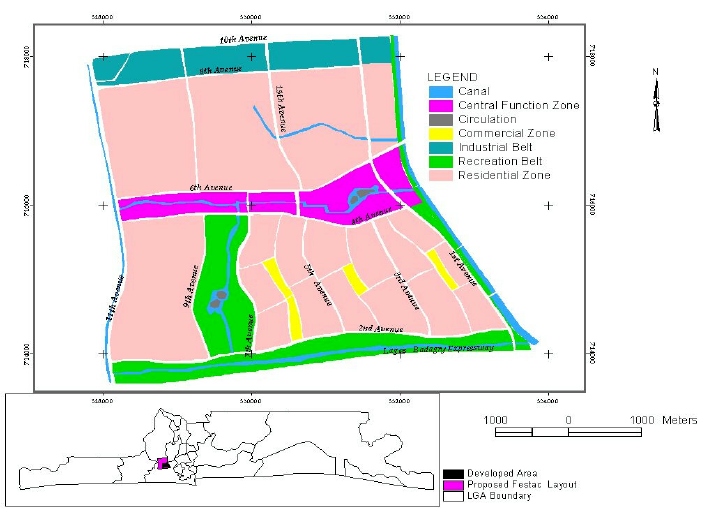In the bustling heart of Nigeria, Lagos State stands as a beacon of economic activity and real estate development. The way land is zoned within this urban landscape significantly impacts real estate investment, shaping the opportunities and challenges investors face. Let’s delve into how zoning regulations affect this vibrant market.
Zoning, the process of dividing land into different uses as prescribed by local authorities, directly influences the types of development permissible in various parts of Lagos State. For investors, understanding these regulations is pivotal in identifying viable investment opportunities and navigating potential restrictions.
Firstly, zoning laws dictate residential, commercial, industrial, and mixed-use areas, affecting land value and investment potential. For instance, areas zoned for commercial use typically attract higher investment due to the prospect of rental yields from businesses. In contrast, residential zones offer different opportunities, such as developing housing units that meet the soaring demand in Lagos.
Furthermore, zoning regulations play a crucial role in urban planning and sustainability. They ensure that developments align with the state’s vision, influencing long-term property values. As Lagos State strives towards organized growth and environmental balance, investments in zones earmarked for future development can yield significant returns.
However, grappling with zoning laws can be a challenge. Stringent regulations in certain zones might restrict development types or require investors to obtain various approvals, affecting project timelines and costs. Thus, a thorough understanding of zoning intricacies becomes an invaluable tool for real estate investors aiming to capitalize on Lagos State’s dynamic market.
In conclusion, zoning in Lagos State not only determines the functional fabric of its neighborhoods but also represents a critical factor in real estate investment decision-making. For investors, navigating these regulations successfully can unlock exceptional opportunities in one of Africa’s most vibrant economic hubs.
